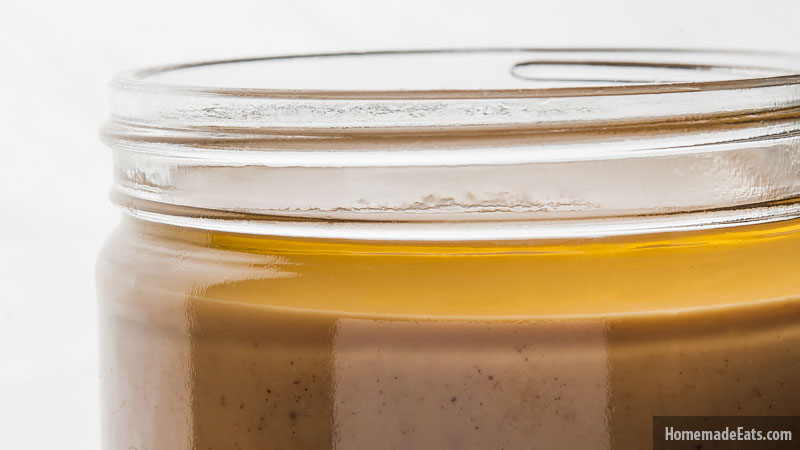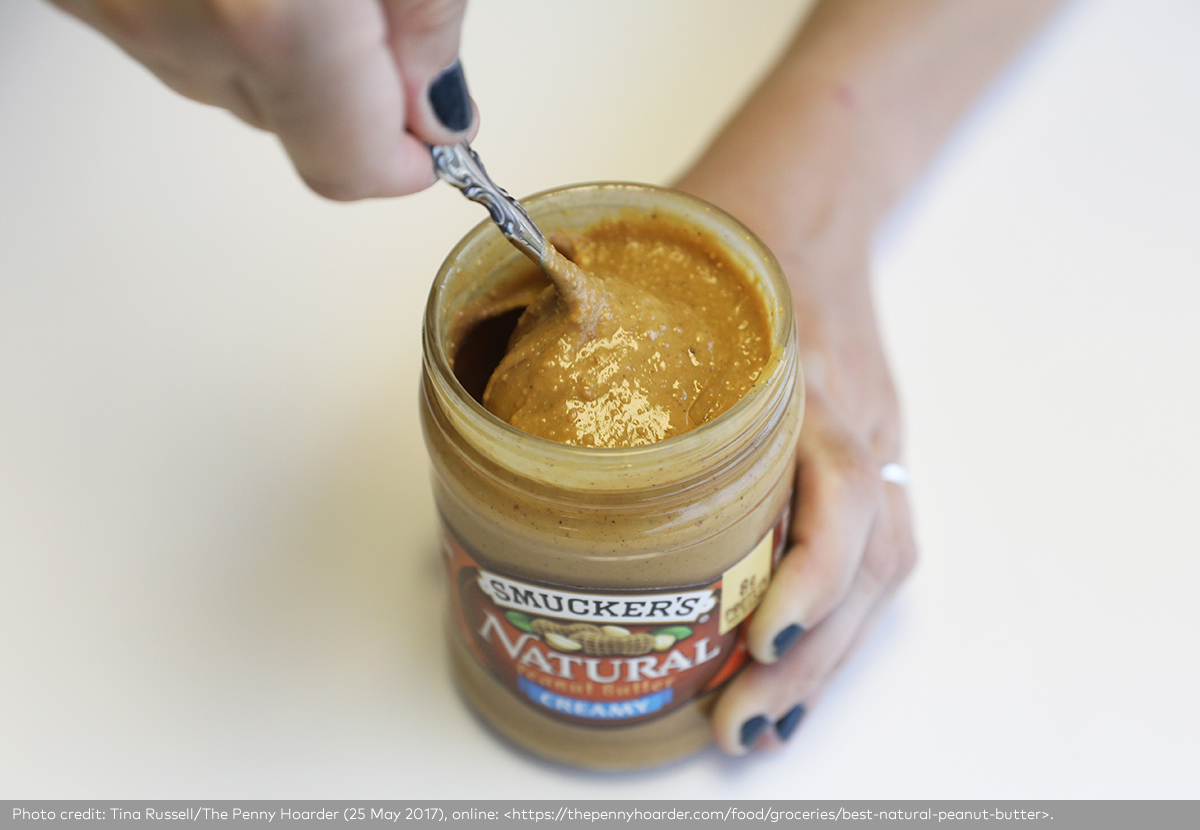When Pixar’s animated film Finding Nemo premiered in 2003, a forgetful blue reef fish voiced by Ellen DeGeneres stole the show.

“Just keep swimming, just keep swimming,” Dory sung in her characteristically chipper tone. Her devil-may-care attitude endeared her to audiences and other fish in the sea. But Dory’s short-term memory loss did not give her much choice. For her, repetition meant survival.
Since Donald Trump’s rise to the Presidency of the United States, manyobservers have suggested that our own survival is at stake. American academic Noam Chomsky says Trump’s presidency poses an “existential threat” to humanity, citing the Bulletin of Atomic Scientists’ decision to push the Doomsday Clock forward only one week into Trump’s term. The Clock, which is said to reflect how close Earth is to the apocalypse, stands at two-and-a-half minutes to midnight. Not since the former Soviet Union tested a hydrogen bomb in 1953 has it been that late.
Predictions of the end of civilization are probably overstated, but the rule of law’s fate is much less certain. In 2014, when then-reality TV star Trump was encouraging his Twitter followers to hack into President Obama’s college records to search for the Democrat’s place of birth, The Atlantic was already crying foul over the state of the rule law. The country, Conor Friedersdorf wrote, was not following the rule of law, as defined by its own military—least of all when it used drones to kill suspected terrorists on foreign soil.
Since then, respect for the rule of law among the executive has only declined. Trump has threatened to revoke the broadcast licenses of such venerable institutions as NBC because he doesn’t like their coverage of his administration. He has personally attacked judges who rule against him. He allegedly incited violence at his rallies and then defended his comments under the First Amendment—the same provision he undermines by unfairly labelling the media “dishonest” and “fake.” He has encouraged police brutality by suggesting that police may apply force when it is not necessary. He has reportedly mused about preemptively pardoning himself for any crimes he might have committed against the United States. The President has even bashed U.S. Attorney General Jeff Sessions for recusing himself from Special Counsel Robert Mueller’s investigation into the Trump campaign’s alleged dealings with Russian operatives. Sessions is no Mother Theresa, but if he deserves credit for anything it is his recusal from the Russia file.
And lest you think that I am just getting my America-hate on, I hasten to point out that my native Canada has its share of problems. Just last month, the Canadian Minister of Finance, Bill Morneau, came under fire for his failure to divest his assets and put them into a blind trust after he was elected in 2015. If this sounds familiar, sadly, that’s because it is. Now Morneau, like Trump, is accused of having a conflict of interest, using his power and influence to set policy from which he stood to gain personally. But, unlike Trump, who never promised to divest his assets, Morneau initially suggested he would do so. He conveniently neglected to notify the public after he changed his mind.
Morneau’s defence? The Ethics Commissioner told him he didn’t have to divest.
And that’s the problem. Whatever the law or Ethics Commissioner’s shortcomings, Morneau knew or reasonably ought to have known better. The same goes for Trump. A society that measures its adherence to the rule of law by whether or not its elected representatives comply with legislated minimum standards follows a feeble conception of the rule of law, indeed.
So, how should we understand the rule of law in 2017? The World Justice Project tries to quantify the rule of law by measuring its outcomes. The result—the Rule of Law Index—is an insightful, if imperfect, tool. But defining the rule of law by its outcomes is a bit like defining a thunderstorm by the rainbow it produces: it tells us why the rule of law is desirable, but it doesn’t tell us what the rule of law is.
Then, there’s the U.S. Army’s preferred definition:
a principle of governance in which all persons, institutions and entities, public and private, including the State itself, are accountable to laws that are publicly promulgated, equally enforced, and independently adjudicated, and which are consistent with international human rights norms and standards. It requires, as well, measures to ensure adherence to the principles of supremacy of law, equality before the law, accountability to the law, fairness in the application of the law, separation of powers, participation in decision-making, legal certainty, avoidance of arbitrariness and procedural and legal transparency.
This is as good and comprehensive a description as one could hope to find for a concept that eludes easy characterization. However, it too lacks explanatory power. How is it that this magical principle prevails in some countries and not others? What is the rule of law’s special sauce?
The answer, it turns out, tastes a lot like satay. Let me explain.
In Ancient Greece, Aristotle emphasized that the emergence of the city–state was an organic development, born out of man’s natural inclination toward civic existence in partnership with his neighbors. The rule of law, like the city from which it arose, also developed organically throughout history, the product of hard-fought battles for individual rights against some distant, tyrannical king.

If the rule of law were a commodity, it would be sold at Whole Foods and come in a jar of all-natural peanut butter. The peanuts are people; the jar, our state. Unlike the stuff you used to eat as a kid, real peanut butter separates over time: its natural oil floats to the top, causing the peanut butter to dry out and harden. This layer of oil—this liquid gold—is to peanuts what the rule of law is to society. Each binds the other and gives it its stickiness.
When it’s all mixed together, it’s easy to forget that the oil exists and to take it for granted. When it’s working well, it’s invisible to the naked eye. Without it, the stuff in the jar goes chunky; it ceases to spread smoothly.
But natural peanut butter can taste bland. So, companies change the flavor by adding sugar to the mix and inventing new, no-stir formulations. We call them “leaders.” The result might taste better. It might even look better. However, by changing its flavor and appearance, we artificially extend the jar’s shelf life. We mask the telltale signs that our peanut butter has gone rancid. We deprive our bodies of the natural food—whole food—that they need to survive.
And so it is with our democracy. The process of separation is not the problem. Like the city and the rule of law, the separation is natural; it occurs only as quickly as we allow it to. The separation is a symptom of our failure to vigorously and regularly stir rule of law norms back into our society.
We all have a role to play. For example, you can:
- film a rule of law-themed video and share it with your friends on social media,
- visit classrooms to teach schoolchildren about the importance of civic participation,
- write letters to your state and federal representatives when they do something you don’t agree with,
- start your own rule of law blog,
- volunteer as a wayfinder or legal information provider at your local courthouse,
- speak for those who don’t have a voice,
- write a letter to the editor of your local newspaper, and
- file a request for government information under the Freedom of Information Act.
The rule of law needs crusaders, stirrers, and taste testers—people who believe in its value and who seek to bring its all-natural benefits to more people around the world. We cannot afford to sit around and wait for the Amazons and the Jeff Bezoses of the world to do the heavy-lifting for us. We must have the fortitude to stir our own peanut butter and to make sure that as many people can taste it as want to.
I don’t use this nutty metaphor to be cute. I use it to illustrate the central point of the rule of law and the lessons of Trump: the rule of law, like love, is in the doing. It is a verb, not a noun. It requires consistent, positive, and proactive steps to keep the people well-lubricated with rule of law norms, to remind them of what the rule of law has done for them lately—securing political accountability, fundamental rights, order, and security. Absent such conscious, deliberate efforts, we allow instruments of justice like the cuneiform tablet on display at the Harvard Art Museum to fragment and disintegrate. We commit ourselves to hardened peanuts like Trump and artificially sweetened nuts like Morneau.
Our survival, like Dory’s, depends on repetition: “Just keep stirring, just keep stirring.” It won’t be easy.
But it helps if you use a chipper tone.
An abridged version of this article appeared in the New York State Bar Association’s January 2018 Journal. Watch my video introducing this piece below.

